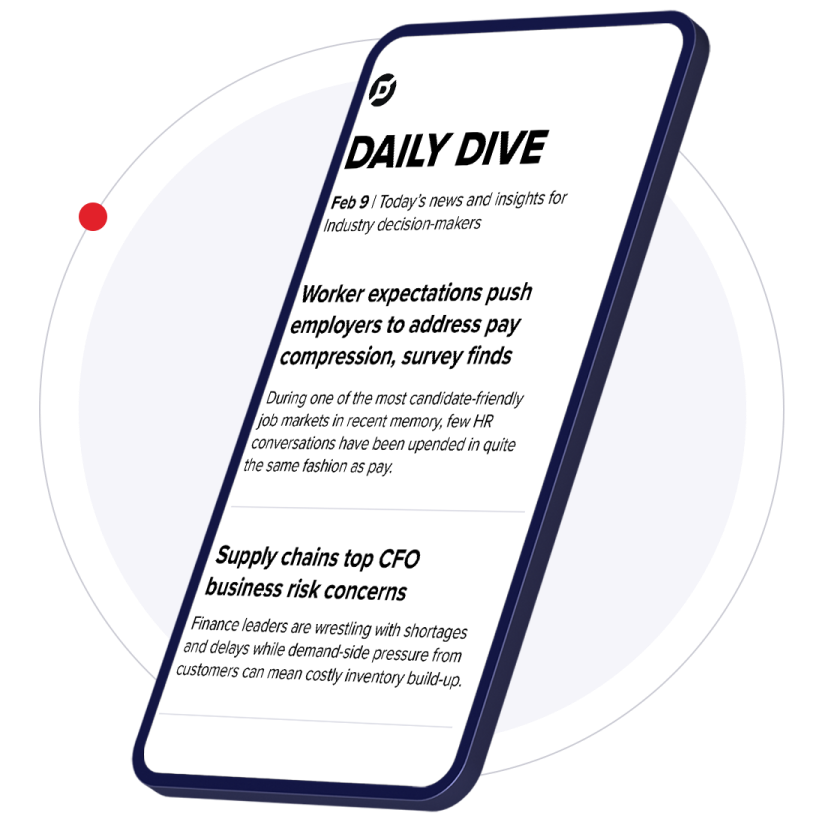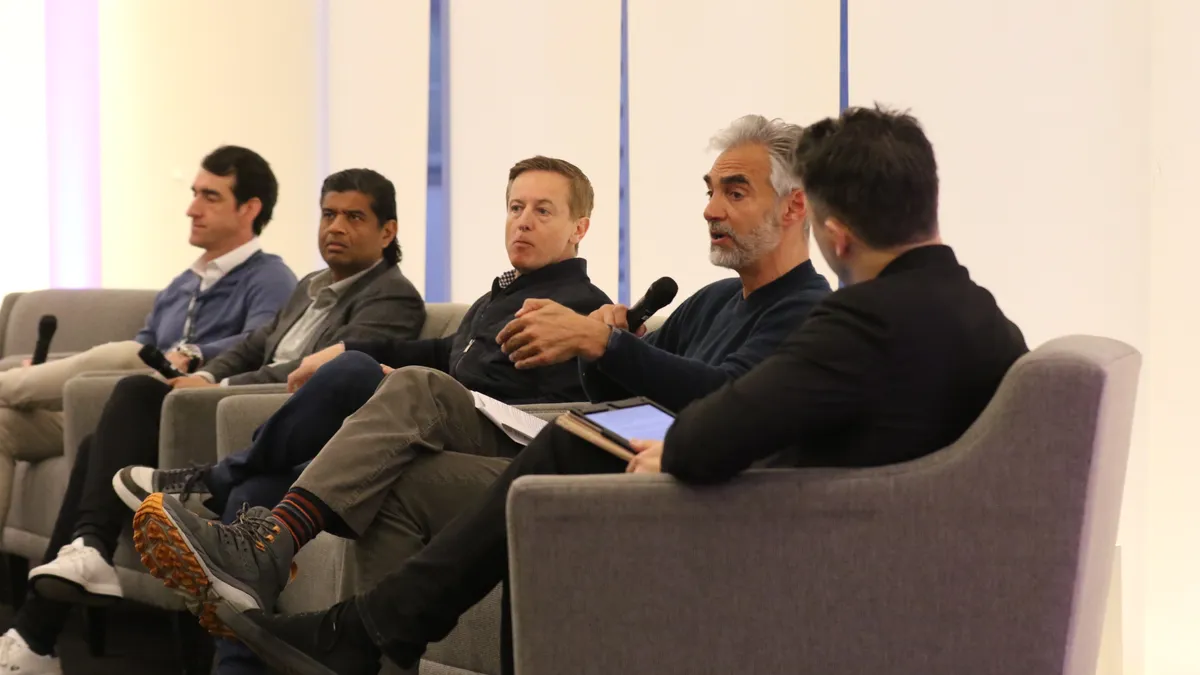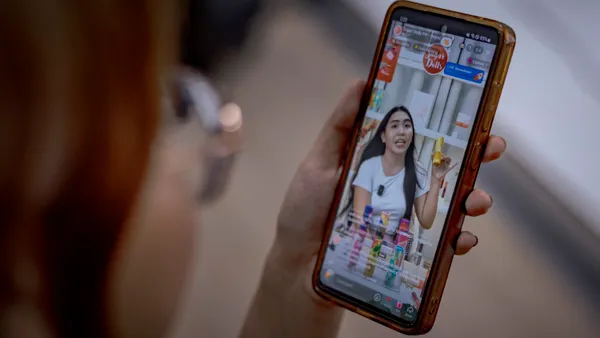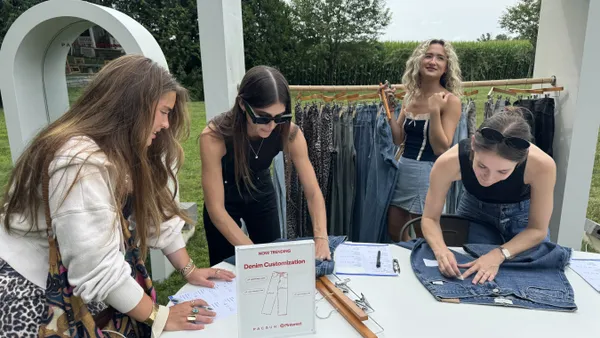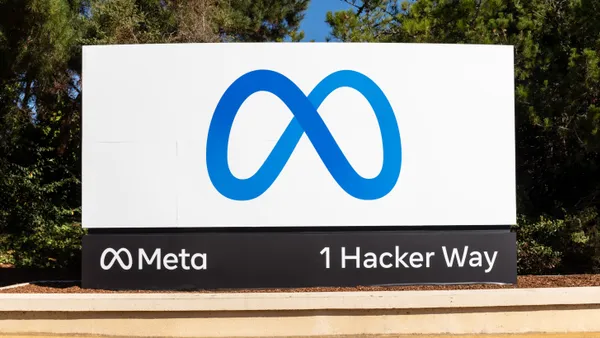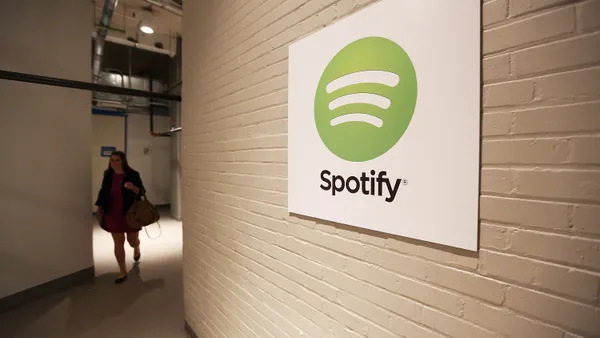Dive Brief:
-
Niantic announced in a news release that it has received Series C funding of $245 million. The latest round of financing for the augmented reality (AR) startup is being led by private equity house IVP and includes additional backers aXiomatic Gaming, Battery Ventures, Causeway Media Partners, CRV and Samsung Ventures.
-
The most recent investment brings Niantic's valuation to roughly $4 billion, per the release. It comes as the company continues to build out existing location-based AR game offerings, like "Pokemon Go" and "Ingress Prime," and in the lead-up to "Harry Potter: Wizards Unite," which does not yet have an official release date.
- Niantic said it will leverage the latest round of funding to support its mobile game development, along with deepening its AR and machine learning technologies and Niantic Real World Platform operating system for bridging real and digital spaces together.
Dive Insight:
Niantic has continued to be a mobile marketing success story, though the company has yet to match the initial media hype it drummed up around the launch of "Pokemon Go" three years ago. This could change with the release of a Harry Potter title, which has functionality similar to the earlier game and is planned for later this year.
The company securing a considerable round of funding ahead of "Wizards Unite's" release, including from major backers like IVP and Samsung, comes at a time when other, formerly buzzy AR startups are struggling or flaring out altogether. The U.K.-based Blippar, a pioneer in AR innovation that once achieved unicorn status with a $1 billion valuation, collapsed late last year amid a dispute with investors. On the hardware side of AR, Meta Co. last week had to publicly clarify that it's still operating as a business despite a court filing revealing potential insolvency for the wearables maker.
Niantic has possibly proven to be sturdier than its peers thanks to the strength of its IP partnerships, with fan-adored properties like Harry Potter and Pokemon, and also the robustness of its technology. In a statement around the funding news, IVP's Sandy Miller indicated that Niantic's ability to closely link together the physical and digital world was particularly appealing, suggesting the technology has a promising future beyond games with other applications.
"It's a rare opportunity to partner up with a company that is already highly profitable at this stage, which is another reason we are so bullish on Niantic," Miller said.
Even with headwinds impacting the AR space, both marketers and publishers alike appear to be eager to continue dabbling with the mobile-first technology in 2019. At major trade conferences like CES and NRF this month, AR startups and products were abundant on showroom floors, including through a good deal of new consumer-ready wearables. Earlier this week, Digiday detailed how publishers, such as USA Today, The New York Times, Time and The Washington Post, have started to experiment more with AR content despite some technical limitations.




